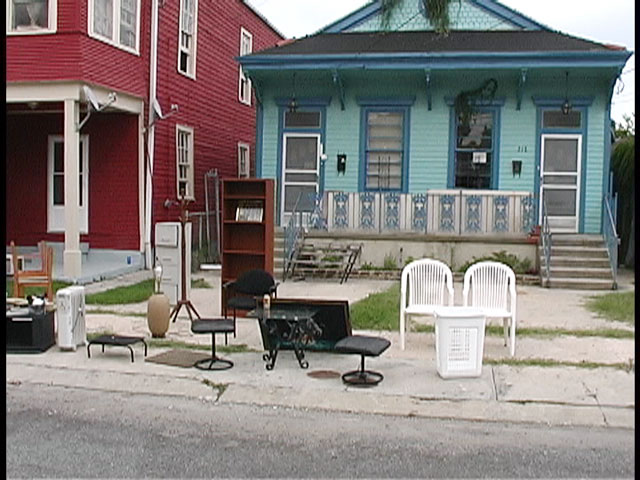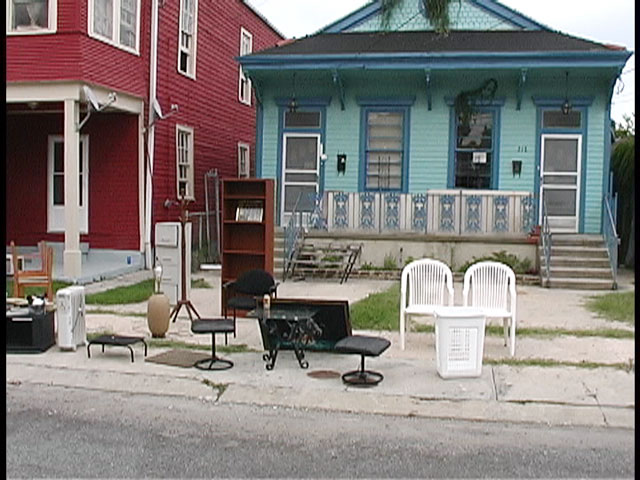Is Eviction a Symptom or a Cause of Poverty?
How do evictions play into a downward spiral of poverty? A new book takes a look.


Should officials in America do more to keep people in their homes, even if tenants are far behind on paying for the space they occupy? Detroit Today host Stephen Henderson talked to Matthew Desmond, author of Evicted: Poverty and Profit in the American City.
While researching the effects of eviction, Desmond found that in many low income Milwaukee neighborhoods “eviction is inevitable.” Many residents spend as much as 80 percent of their income on housing and that only one in four families that qualify for public housing actually use it.
Evicted is written as an accessible narrative illustrating the relationship between tenants and landlords. Many of the evictions that happen are never reported. Desmond reports that one in eight residents in Milwaukee were forced to move at some point. While many landlords are charitable and work with people, Desmond believes we, as a society, need to “rebalance landlord tenant relationships” and not leave the issue of stable housing to the discretion of landlords.
While solutions for housing come with the caveat that each region has unique challenges, Desmond found that “housing vouchers do work” across the board. This provoked Henderson to ask if public housing is a right? Desmond responded that, “renters today don’t see themselves as a class.” He went further saying that we have not invested enough as a country in public housing and that many waiting lists can last for decades.
This conversation originally aired on Detroit Today on March 8th, 2016.
Click on the audio player above to hear the full conversation.
